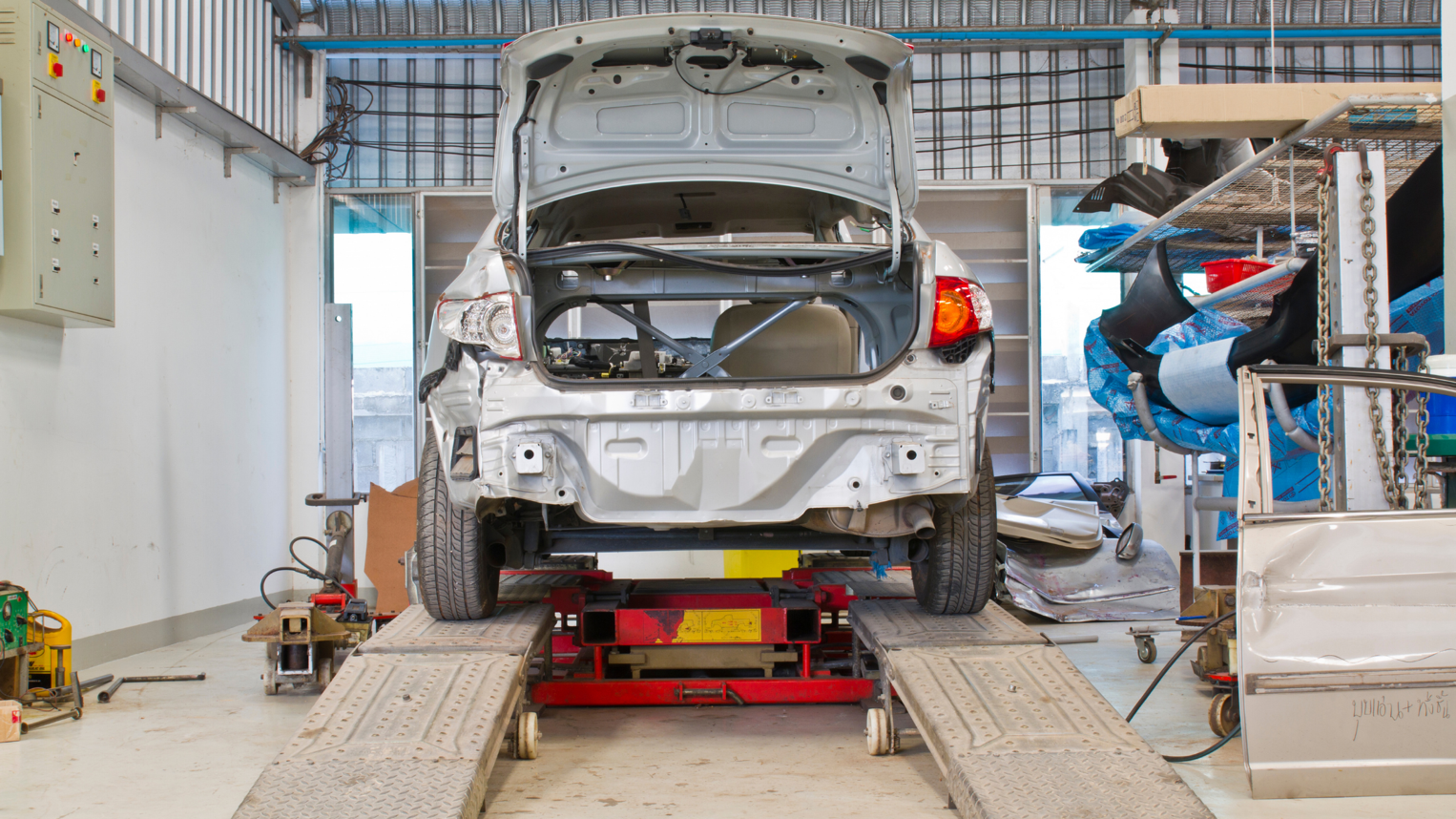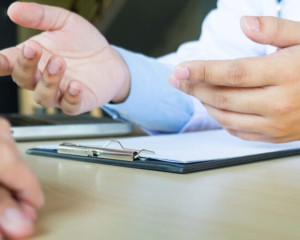After a Florida car accident, many drivers are genuinely concerned about how the repairs to their vehicles will be handled or who is going to pay the repair costs if the vehicle has been totaled.
Depending on the type of insurance coverage in place and the facts and circumstances around the car crash, the answers to these questions or concerns may vary.
The other driver's insurance coverage should pay for all repairs or the total loss of the victim's vehicle as long as the other driver's (or their insurance company's) accepts responsibility for causing the crash. As part of the Property Damage coverage of the negligent driver, the at-fault insurance company will also pay for a rental vehicle while the vehicle is being repaired or until a replacement is available (as long as it is a reasonable period of time.) People in Florida are legally required to have Property Damage coverage (though it is usually a low amount and often not enough to repair a luxury vehicle or a sports car.)
Occasionally, taking on the insurance company of the other driver may not be feasible. Oftentimes, insurance companies will deny that their insured was at fault for a crash, or will take a long time to have an adjuster or appraiser look at the vehicle. Continue reading to learn about the following:
Steps to Take After a Car Accident
Do You Need to Fix Your Car After an Accident?
What to Expect from the Repair Process
Getting the Insurer to Pay for Repair Costs
Advantages and Disadvantages of Using the Insurance Company's Preferred Repair Shop.
Steps to Take After a Car Accident
Get to Safety & Call 911.
As soon as you are able, get out of the way of other traffic. Thereafter, whether you're in a minor collision or a major one, you'll need to call the police. A police officer who responds to the accident will complete an accident report, which your insurance company may require. You can file a police report at the nearest police station if an officer cannot reach the scene.
Document Everything.
Injury attorney John Sherman explains that many people fail to take pictures of the scene after an accident. He suggests photographing the vehicles involved in the accident, weather conditions, Conditions of the road, lighting on the road, any physical injuries you have. In the event of an accident with another driver, you should exchange insurance and contact information.
Don't Admit Fault.
US News & World Report says, "if you caused an accident, say the truth, but stick to the facts and don't give your opinion." It's up to the insurance company to decide fault.
Get Medical Attention.
It might seem unnecessary to seek medical attention if there are no visible injuries following an accident. The human body starts pumping adrenaline immediately following an accident, making it difficult to detect injuries. Immediately seek medical care if visible injuries result from the accident. Even if the crash was minor and you feel fine, you should at least schedule an appointment with your primary care physician to have them examine you.
Do You Need to Fix Your Car After an Accident?
It's actually your choice whether you repair your car or not. You also have the option to receive cash rather than repair your car if it is not totaled but is damaged.
For example, you might have $2,000 worth of damage to your car, but it is still able to be driven and the cosmetic issue doesn't bother you. If you do not want the repair done, you can still take the money.
The company owes you that money whether you get your car fixed or not. Additionally, you could have a shop give you a high price for the repair and then take the vehicle to a friend or someone who will do it for a much lower price.
What to Expect from the Repair Process
Follow these steps if you have been involved in a car accident and are submitting an insurance claim.
-
Contact Insurance to File a Claim.
As soon as a car accident occurs, get yourself and your car to a safe area. Next, exchanging information with the other driver and contacting your insurance company is important. Call your insurance company at the scene of the accident, if you can do so safely. Speaking with a friend or family member can be helpful in considering what you should and shouldn't do, including admitting guilt or liability. Make sure you have your name, contact information, vehicle registration and driver's license number on hand. A car insurance claim requires you to complete your insurance company's claims form. You can submit a claim online at most companies' websites or through their mobile apps.
-
Choose an Auto Repair Shop.
According to the law in most states, insurance companies can't dictate which repair shop you use. However, some companies have a preferred mechanics list. You may be required to pick a shop from this list if you're making car payments. Otherwise, you may pick the repair shop where you want your vehicle repaired. You might be able to save time and hassle if you choose a shop that is part of your insurance company's network. On the other hand, your insurer's preferred mechanic may use aftermarket parts to cut costs.
-
Follow Up with Insurance and the Repair Shop.
Verify with your insurance company whether you need to provide documentation from the repair shop or other requirements. A detailed listing of repairs and estimated costs may be required by your insurance company. If your insurance company approves this list before repairs are made, make sure the garage and your insurance company are on the same page.
-
Confirm the Repairs and Pick up Your Car.
When your car is ready, your mechanic will contact you. Make sure everything is in order before you drive home. Review your car's repairs and the bill. Have the mechanic explain the repairs that were made to your car. Take the time to read through the itemized bill and make sure you understand what it all means. Ensure that the bill closely resembles the estimate you were given. If something seems different, ask why. Lastly, check out the vehicle by taking a test drive.
-
Pay for the Repairs.
You must pay your deductible before your insurer can authorize repairs if you're found at fault. The insurance company that covers you should reimburse you for the deductible if you are not at fault. Most companies reimburse repair shops directly, especially if they're preferred or recommended. In most cases, claims are processed within 30 days.
Getting the Insurer to Pay for Repair Costs
Your first step should be to make a claim by reporting the accident, regardless of the insurance company liable for the repair costs. It is usually the insurance company that will inspect your car next. The insurer may ask you to drive your car to the drive-through inspection station if the car is drivable. In case the car cannot be driven, the insurer usually sends an inspector to where the car is located.
Following that, an estimate of damages will be compiled by the insurer. There is a possibility that this estimate will not cover the cost of the repairs. If your mechanic is willing to accept the insurer's estimate once you receive it, you may bring your car to him/her after receiving it. As long as they will, everything should be fine. They will often agree to speak directly with the insurance adjuster if they believe the estimate is too low.
Advantages and Disadvantages of Using the Insurance
Company's Preferred Repair Shop
When you choose a shop that is preferred by your insurance company for repairs, it can be beneficial in some ways. Generally, insurers deal directly with their preferred shops. Upon receipt of the shop's estimate, the claims adjuster will call the insurance company, which will reimburse the collision damage shop directly. Should you choose to do this, you will not have any out-of-pocket expenses (other than your deductible).
Additionally, if you use a preferred service provider, your insurer will not require you to obtain multiple estimates. The shop will most likely approve additional costs from the insurance company if additional work is determined to be necessary as a result of the accident. Repairs can be completed more quickly if this is done.
It is not required that your insurance company guarantees any repairs it pays for, although many preferred repair shops will. In addition, if you are unhappy with the work done by the repair shop, your insurer is likely to take steps to rectify the issue.
As for the disadvantages, your insurance provider may not have any prior knowledge of the condition of your vehicle before the accident. Mechanics with whom you already have a rapport will be familiar with the condition of your vehicle. You can ensure that your vehicle gets back (as close as possible) to its pre-accident condition by going with a mechanic you already know.
In addition, you have established a personal relationship and trust with your mechanic, and you'll have their loyalty rather than the insurance company's. In the case of a preferred repair provider, its loyalty will go to the insurer paying its bills, not to you.
Those injured in a car accident or another accident can contact #1-888-DOCS4PI for sound assistance. It takes only three steps for us to help you find qualified assistance after an accident. Learn more about how we can help here.





